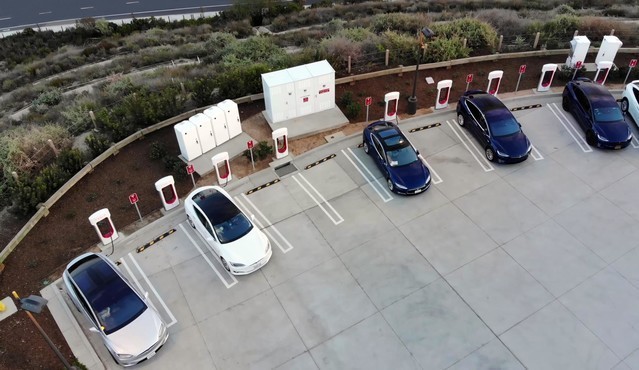On September 27, the U.S. Department of Transportation (USDOT) said it had approved ahead of schedule plans to build electric vehicle charging stations in 50 states, Washington, D.C. and Puerto Rico. About $5 billion will be invested over the next five years to build 500,000 electric vehicle charging stations, which will cover about 75,000 miles (120,700 kilometers) of highways.
USDOT also stated that government-funded electric vehicle charging stations must use DC Fast Chargers chargers, at least four charging ports, which can charge four vehicles at the same time, and each charging port must reach or exceed 150kW. A charging station is required every 50 miles (80.5 kilometers) on an interstate highway and must be located within 1 mile of the highway.

In November, Congress approved a $1 trillion infrastructure bill that included nearly $5 billion in funding to help states build electric vehicle charging stations along interstate highways over five years. Earlier this month, U.S. President Joe Biden announced that he approved plans submitted by 35 states to build electric vehicle charging stations and will provide $900 million in funding in the 2022-2023 fiscal year.
Transportation Secretary Buttigieg said the plan to build electric vehicle charging stations will enable “everywhere in this country, Americans, from the big cities to the most remote areas, to enjoy the benefits of electric vehicles.”
Previously, Biden had set an ambitious goal of at least 50% of all new cars sold by 2030 being electric or plug-in hybrids and building 500,000 new electric vehicle charging stations.
As for whether the plan can be realized, California, Texas, and Florida said that their grid power supply capacity will be able to support 1 million or more electric vehicle charging stations. New Mexico and Vermont said their power supply capacity will be difficult to meet the needs of building many electric vehicle charging stations, and grid-related facilities may need to be updated. Mississippi, New Jersey said a shortage of equipment to build charging stations could push the completion date “years back.”
Post time: Sep-30-2022